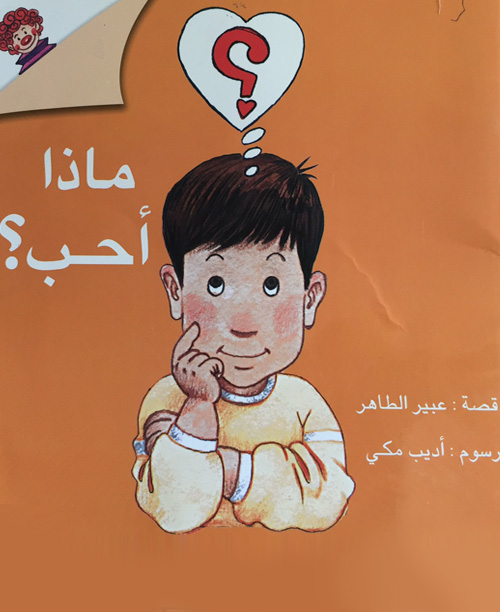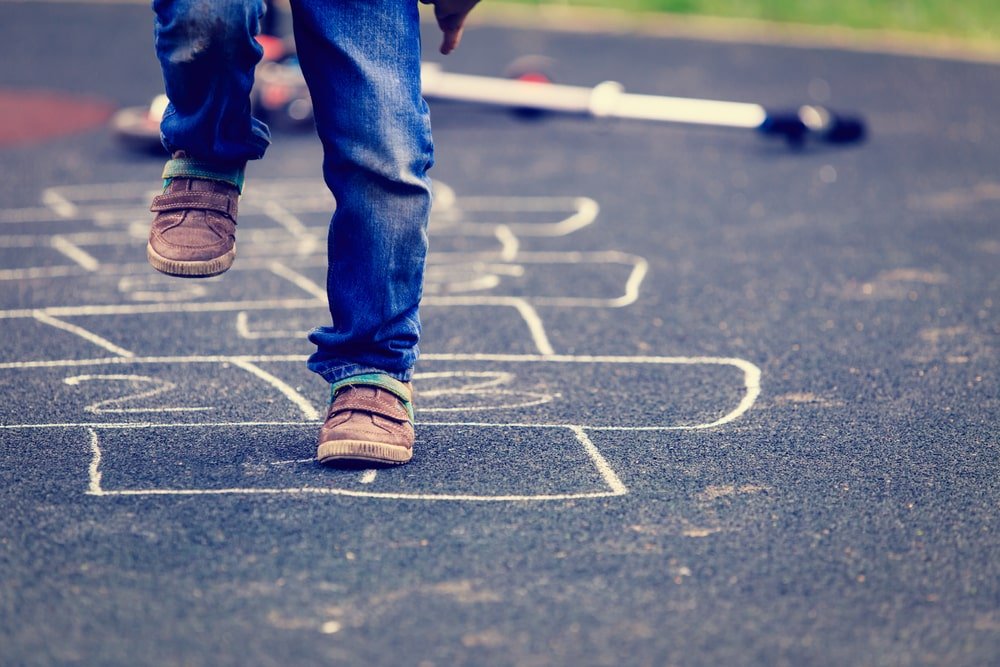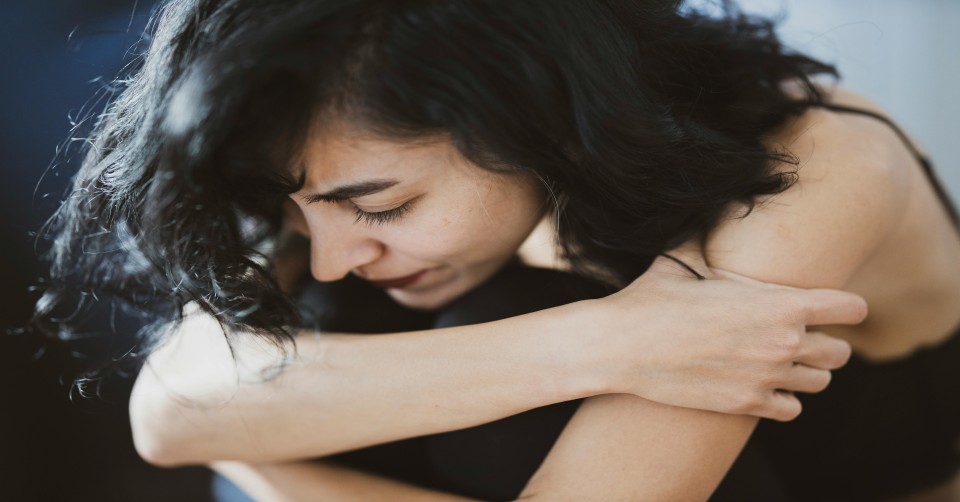Toddlers 24-36 Months
Should we be posting children's photos online?

By Rania Dawud
Kids are hilarious and they’re adorable too - two very shareable elements that can make for a good online post.
Much of the conversation around online-safety is rightly directed at children and teenagers (digital ‘stranger danger,’ anyone?) and for good reason too. Having videos and photos of them shared every other day can be an arsenal for digital kidnapping, or worse, exploitation.
It can be extremely horrifying to think of our children as targets for predators, that certain images of them could be used for malicious and disturbing intentions. If we, as adults, worry about our own photos being taken and reused by strangers, then shouldn’t we extend that worry to children who are far more vulnerable than we are?
This might not be as big of an issue for parents who post on their private accounts to share with close family and friends, but it is a bigger concern when parents have public blogs centred around their children. With family-themed Instagram blogs and YouTube channels, is it right to have kids be so present online?
Social media is still a very new medium and there are many grey areas yet to be understood, which is why it is important to be smart about the ways we use it.
Aside from the scary aspects, there is also the issue of failing to take into consideration the child’s own desires and feelings. We don’t always feel comfortable when a friend or relative tags us in a photo without our consent, so shouldn’t we assume that a child might feel the same way too?
Kids rarely have a say in what parts of their lives can be made public, which is why many children’s earliest years are heavily documented online without their consent, and all before they even begin to understand the implications of what it means to be active online.
While children may want to take part in social media or not, if they decide to do it (when they’re old enough), at least they would have made that decision on their own.
This is not to shame or guilt parents who want to share with their online community their love for their kids and the happiness it brings them, but it is to try and encourage more well-informed decisions on their behalf when it comes to the online presence of young children.













